Elizabeth Storrs, author of The Wedding Shroud, has tagged me in the author blog hop, The Next Big Thing.
Like me, Elisabeth is from the Land Down Under but her heart is in Italy. Her wonderful novel, The Wedding Shroud, (shortly to be reviewed here), is set in early Rome and Etruria. It is a bestseller on Amazon, moving into the top ten in Historical Fiction.
You can see her news, interviews, and reviews and on her blog, Triclinium. She is also a founding member of the Sydney Chapter of the Historical Novel Society.
You can read her contribution to The Next Big Thing right here.
You can also buy The Wedding Shroud on Amazon: http://www.amazon.com/The-Wedding-Shroud-Ancient-ebook/dp/B008PHH7W4/
Here’s my interview for The Next Big Thing:
1. What is the working title of your next book?
It’s called ‘Isabella, Braveheart of France.’ It’s based on the life of the brilliant and ballsy woman who had the misfortune of being married to Edward II of England. Later commentators referred to her as a ‘she-wolf’ - in fact she was one of the most capable and courageous women of the Middle Ages. She was loyal to a fault, devoting herself to a weak and feckless husband who was also on the downlow - but finally he pushes her too far. She then does everything a woman and a queen of that time was absolutely not supposed to do - and succeeded.
2. Where the the idea come from for the book?
I was writing a post for History and Women, and the idea for the narrative came to me fully formed. It’s not about Isabella’s whole life - it’s a narrative from the moment she meets Edward on her wedding day - she was 12 years old - until his death.
3. What genre does your book fall under?
Romantic historical fiction.
4. What actors would you choose to play the part of your characters in amovie rendition?
If Steven Spielberg wants to give me a call, I’d go easy on him and let him choose whoever he wants.
5. What is the one-sentence synopsis of your book?
It’s about a princess taught from the cradle to love, honor and obey - but then her marriage to a king teaches her she must first be loyal to herself if she is to save her children’s lives - and her own.
6. Will your book be self-published or represented by an agency?
This is the first book I am going to publish as an eBook original, through Bob Mayer and Jen Talty’s Cool Gus Publishing.
7.How long did it take you to write the first draft of the manuscript?
State secret.
8. What other books would you compare this story to within your genre?
I think if you like writers like Anya Seton, Sherry Jones, Philippa Gregory or CW Gortner, then I think you’ll like this.
9. Who or what inspired you to write this book?
Brilliant women who sacrifice their own destinies for the men they love - or to honour a feminine imperative that does not serve them - is a timeless story. And Edward, for all his monstrous faults, cuts a tragic figure. It’s a fascinating story where justice is finally served, yet remains so poignant. I couldn’t stop myself writing it.
10. What else about the book might pique the reader’s interest?
It’s essentially two love triangles, one after the other - forbidden ones. I was also intrigued how each of these characters has such a raw wound from their past - and I think most readers will feel that wound in some way too.
Authors I have tagged for the next round are:
CC McKenzie is a wife, and mother of three, based in Cheshire, U.K. She has dreamt of writing stories since chilldhood but put those dreams on hold to focus on her family and her careers in banking, fitness, interior design and construction. Reckless Nights in Rome is her first novel, followed by ‘A Stormy Spring’ in August 2012 and Run Rosie Run in December 2012 . She is currently finishing three more Contemporary Romances due for release in 2013 and is working on a vampire paranormal saga. Her blog is here.
Diana Capri is a member of Mystery Writers of America, Sisters in Crime, and Romance Writers of America. After her publisher’s bankruptcy, while she was writing Fatal Distraction, she was invited to join International Thriller Writers at its inception and became a member of the board along with her friend, the #1 International Bestselling author, Lee Child.
She has since written Don’t Know Jack and Jack in a Box based on the Jack Reacher story. She is now busy on The Hunt for Reacher. Find her blog and web page here.
Lisa J. Yarde is the author of two historical novels set in medieval England and Normandy, The Burning Candle, based on the life of Isabel de Vermandois, and On Falcon’s Wings, which chronicles the star-crossed romance between Norman and Saxon lovers in the medieval period. She has also written Sultana and Sultana’s Legacy, novels set during a turbulent period of thirteenth century Spain. Born in Barbados, Lisa currently lives in New York City. She moderates at Unusual Historicals. She is also a regular contributor at Historical Novel Review and History and Women. Her personal blog is here.
How The Next Big Thing Blog hop works: An author answers ten questions and then tags five authors (well does their best to find them!) to do the same thing the following week on the same day, which in this case is a Wednesday.
JOIN MY MAILING LIST! Last month subscribers got a coupon for a free copy of DISAPPEARED, just published in the US for the first time, a free excerpt of upcoming novel WARBABY. Sign on for more exclusive opportunities to win free books and news of upcoming releases, available to MEMBERS ONLY. Subscribe here!!!
See HAREM, now on Slideshare!!

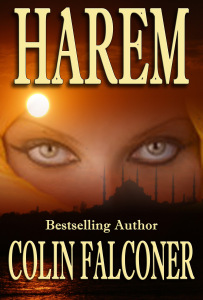

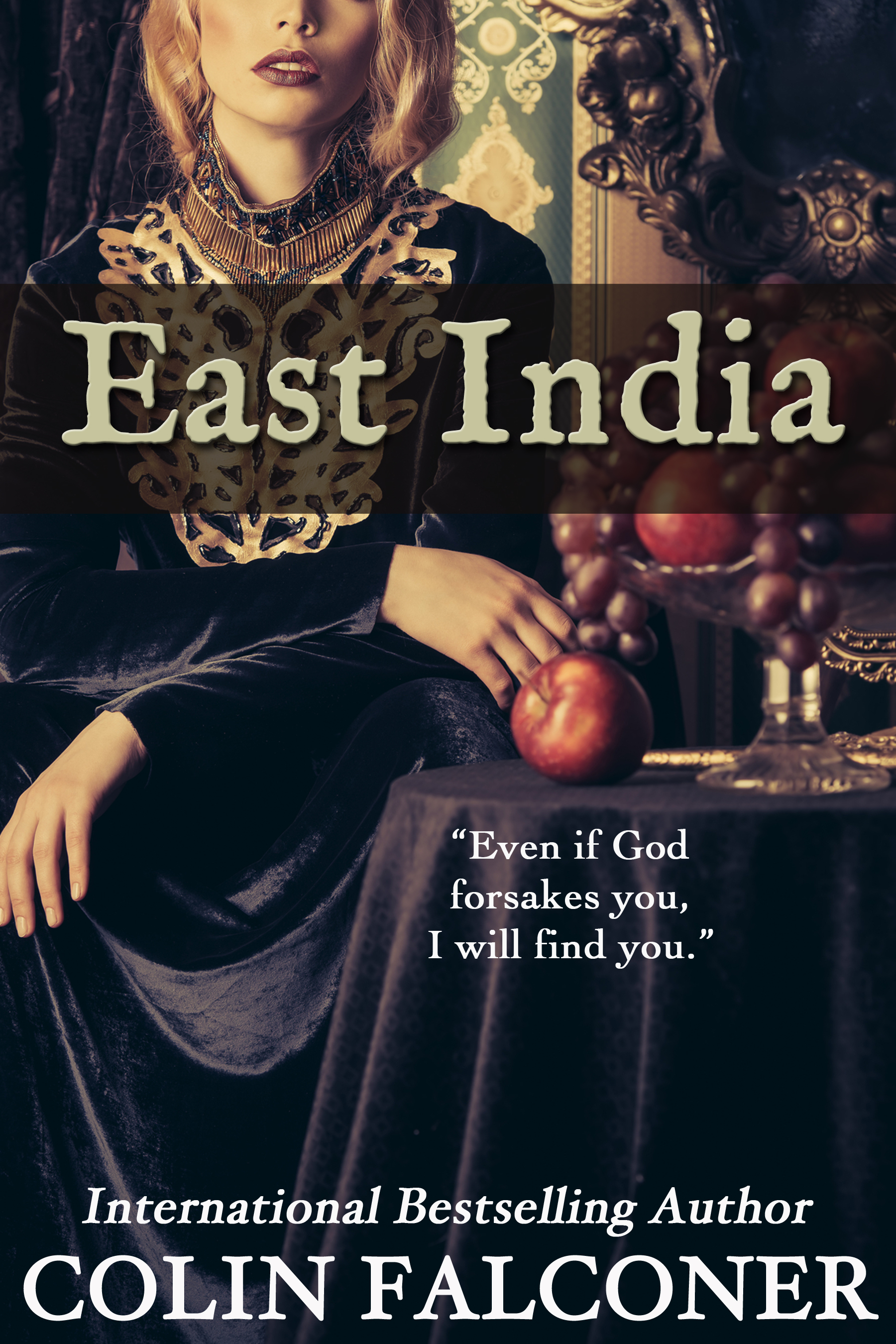
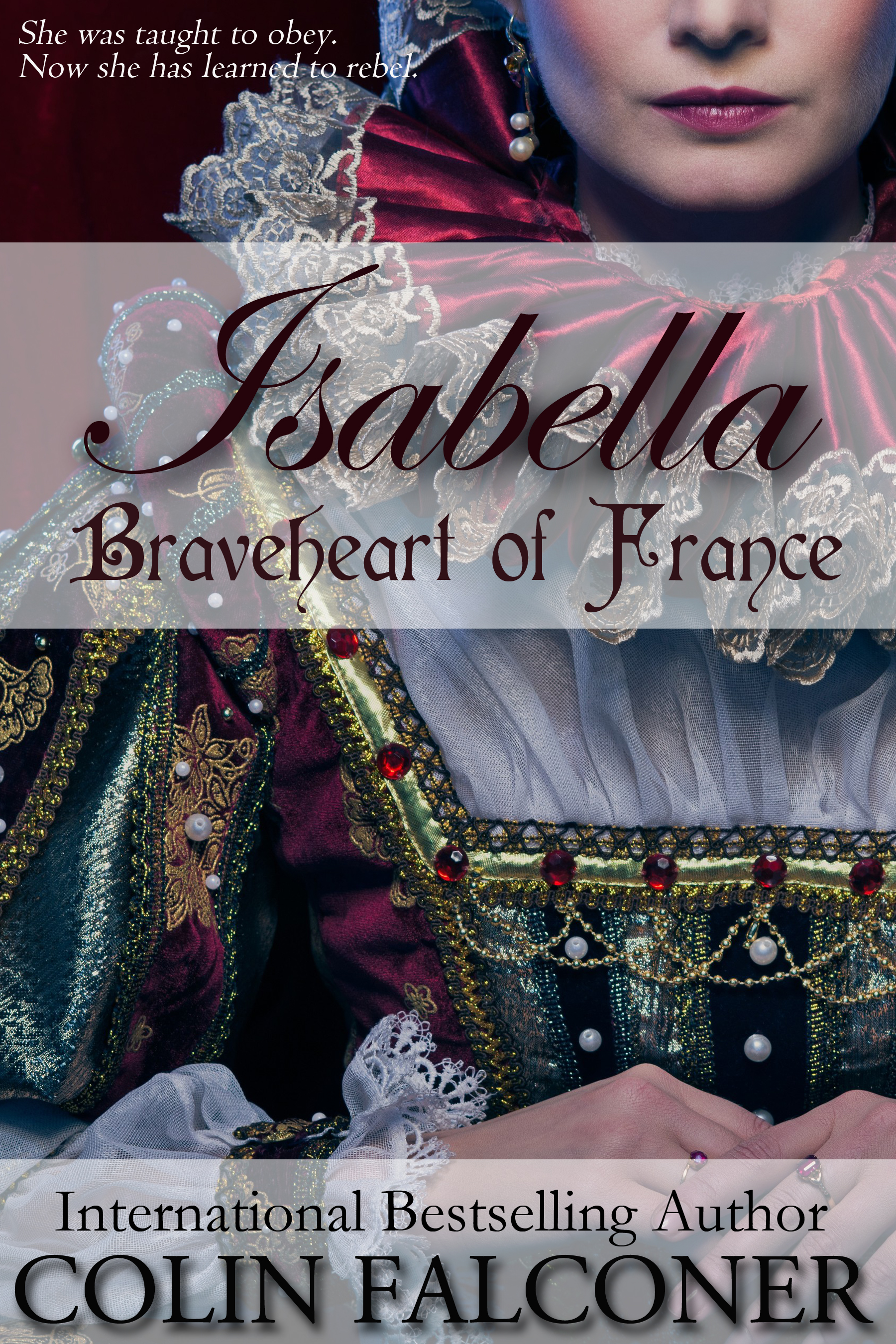
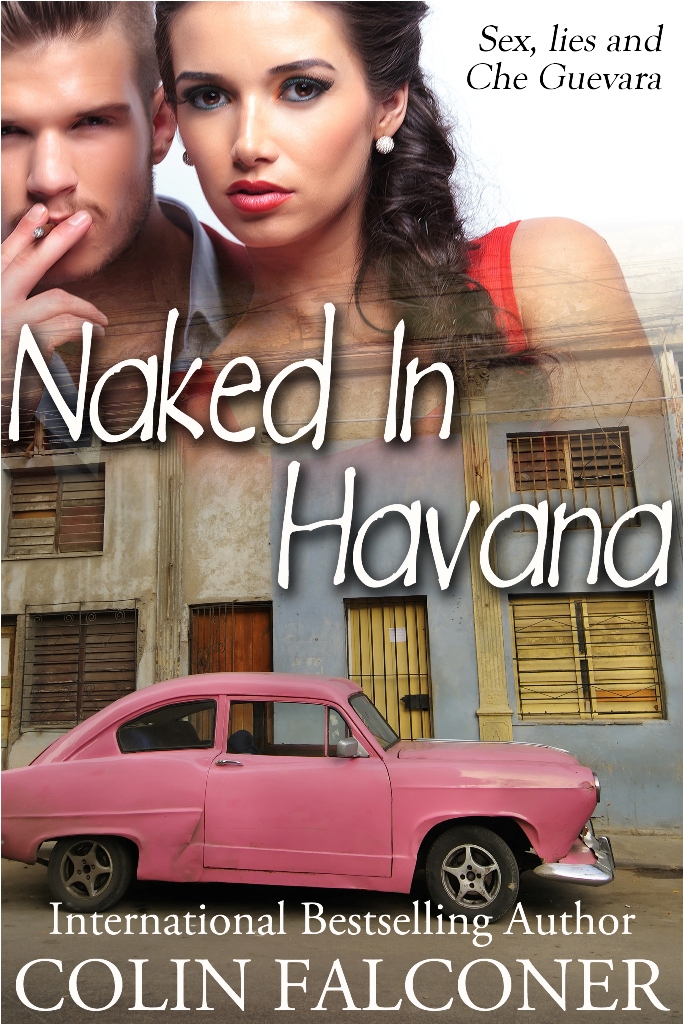
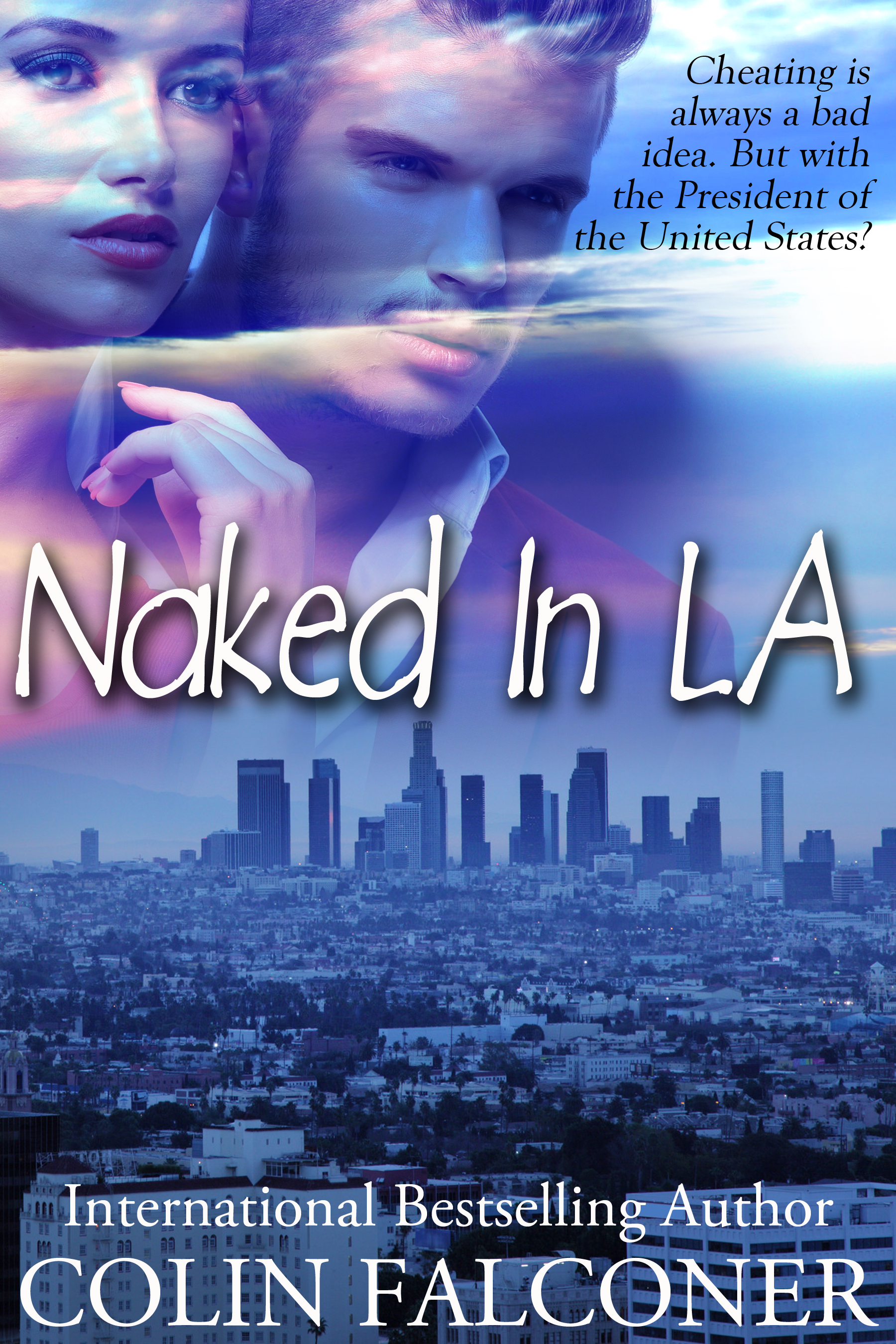
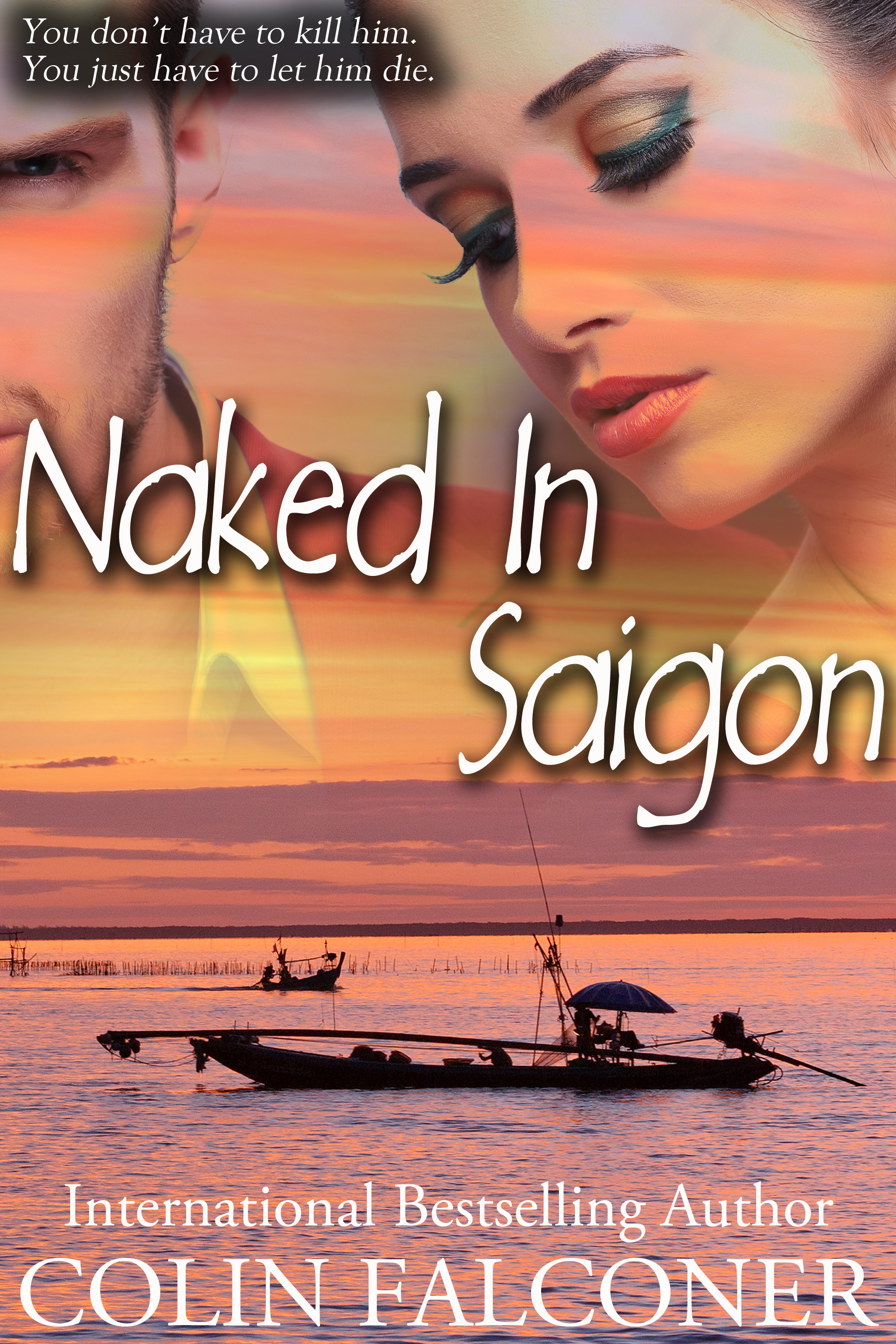
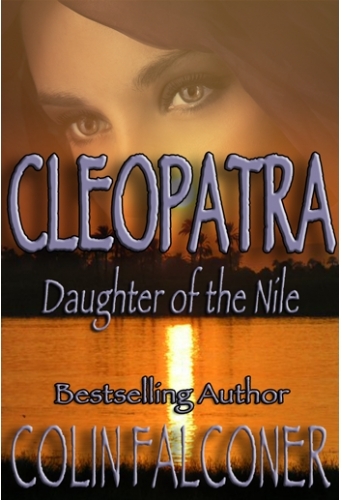
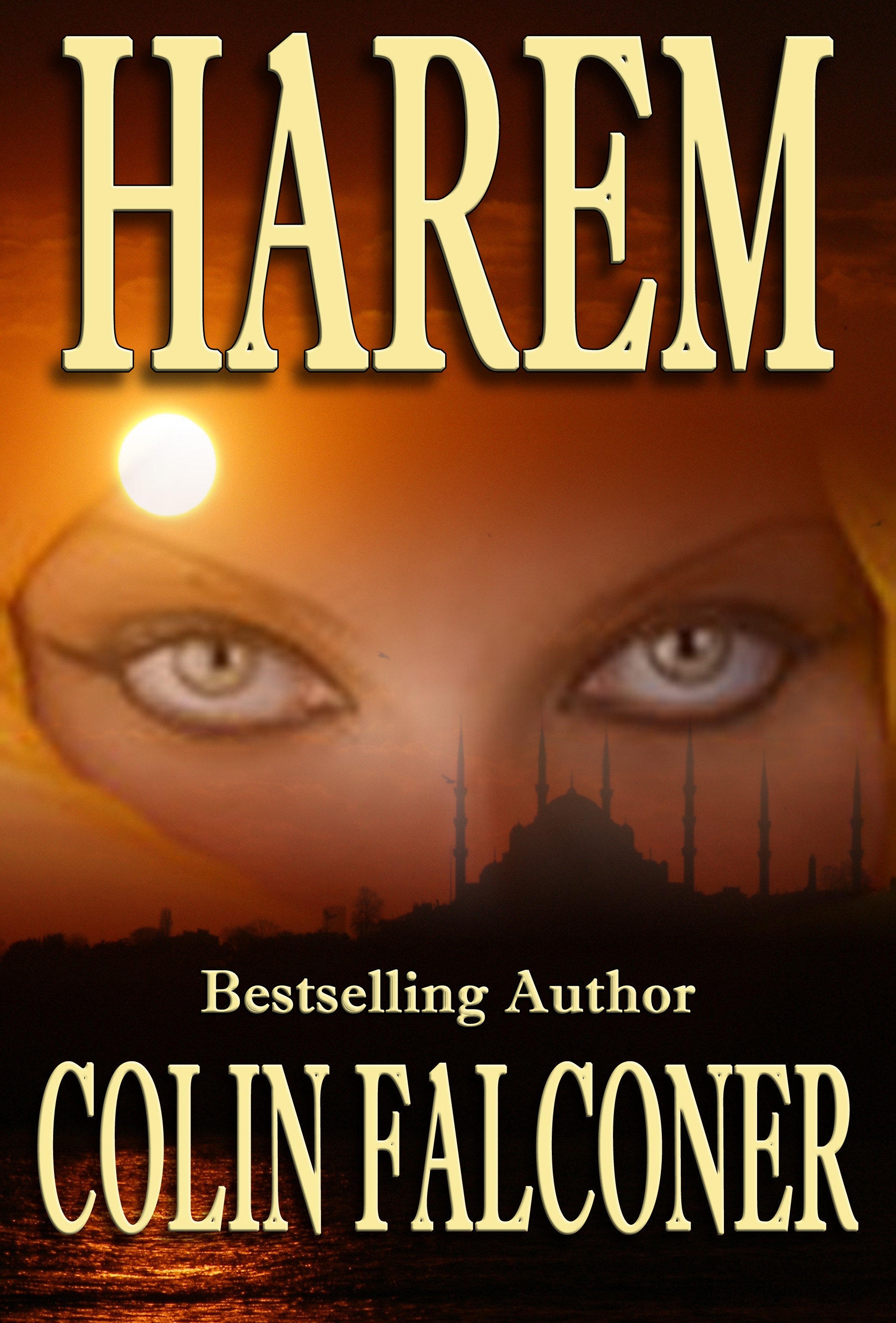
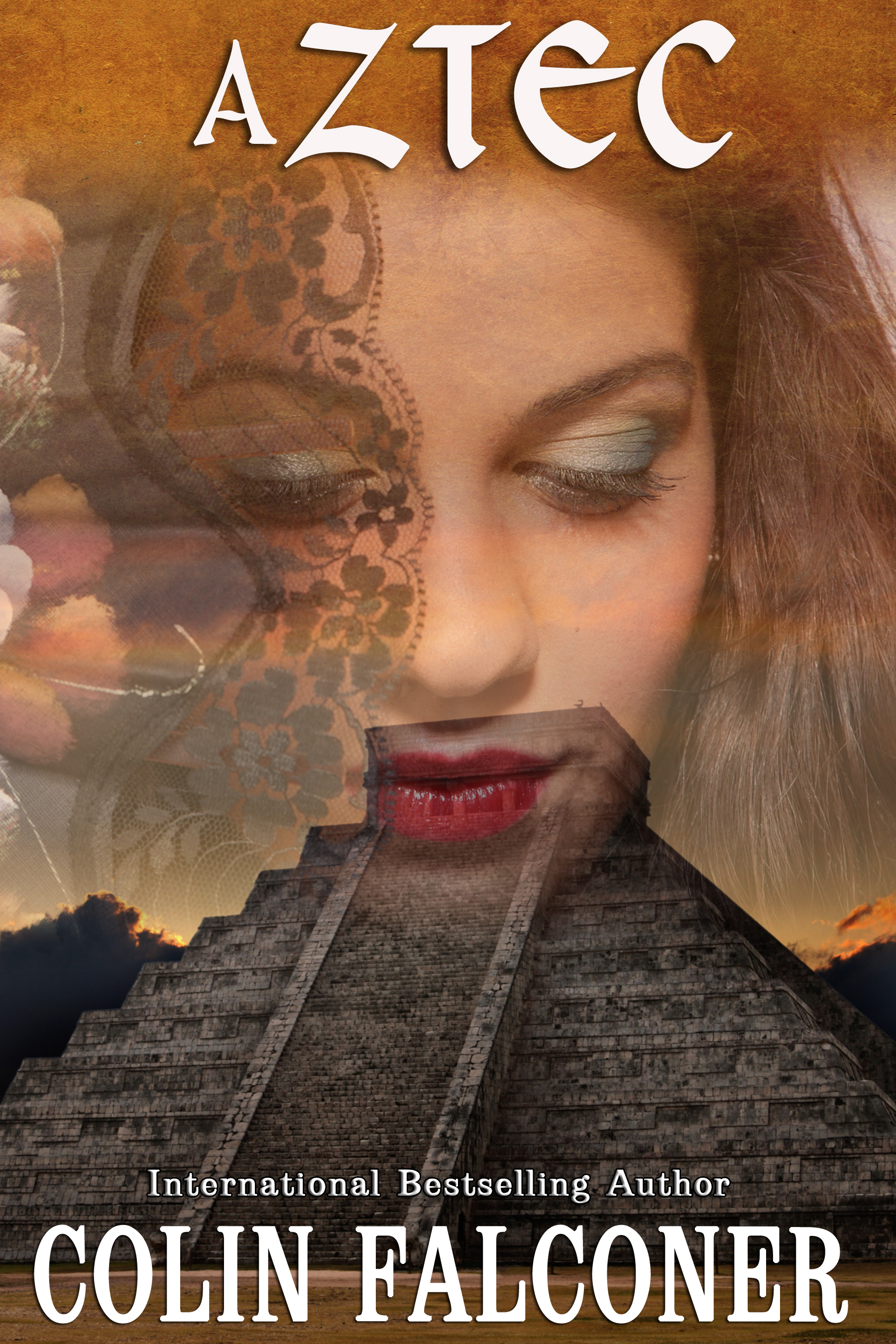
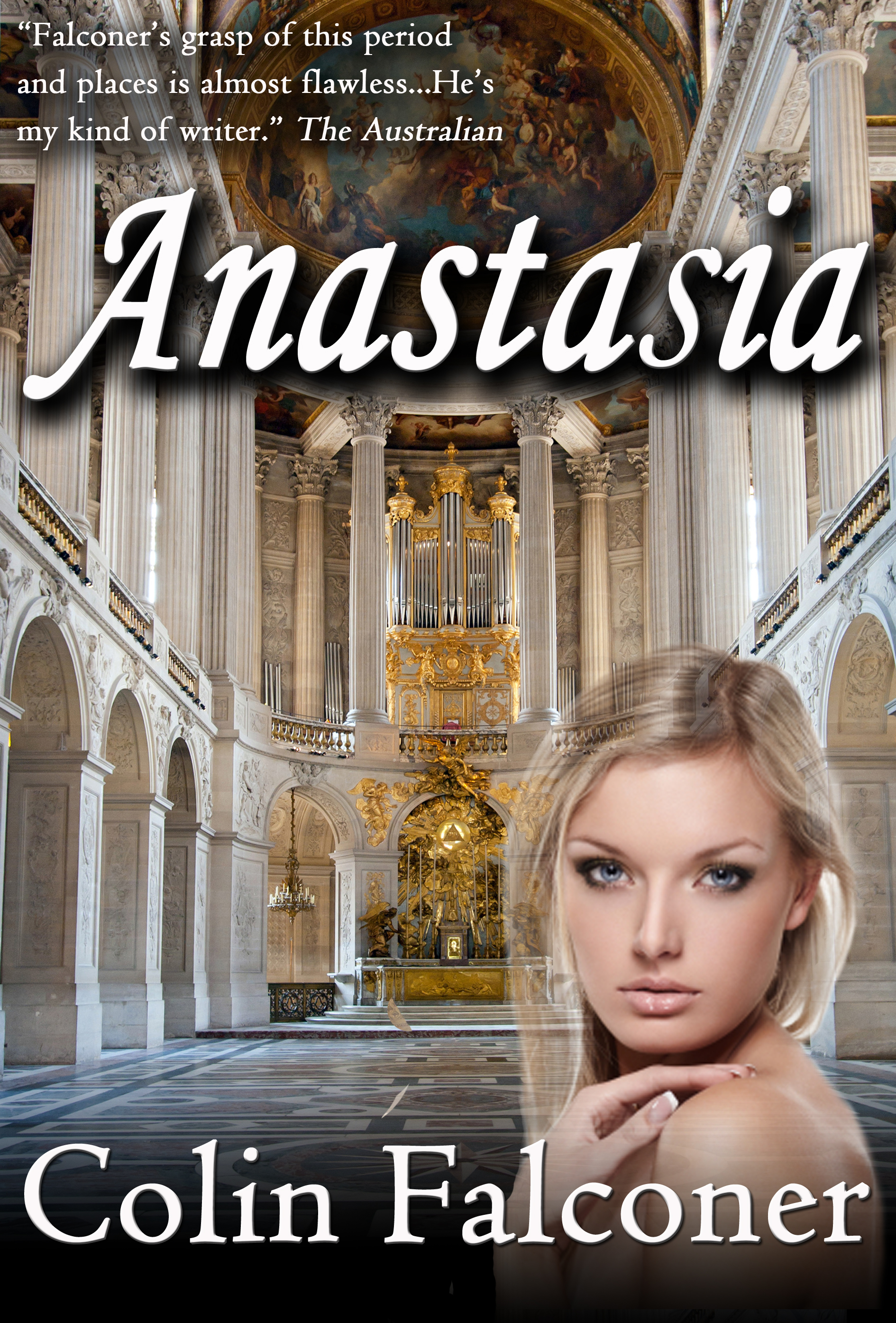
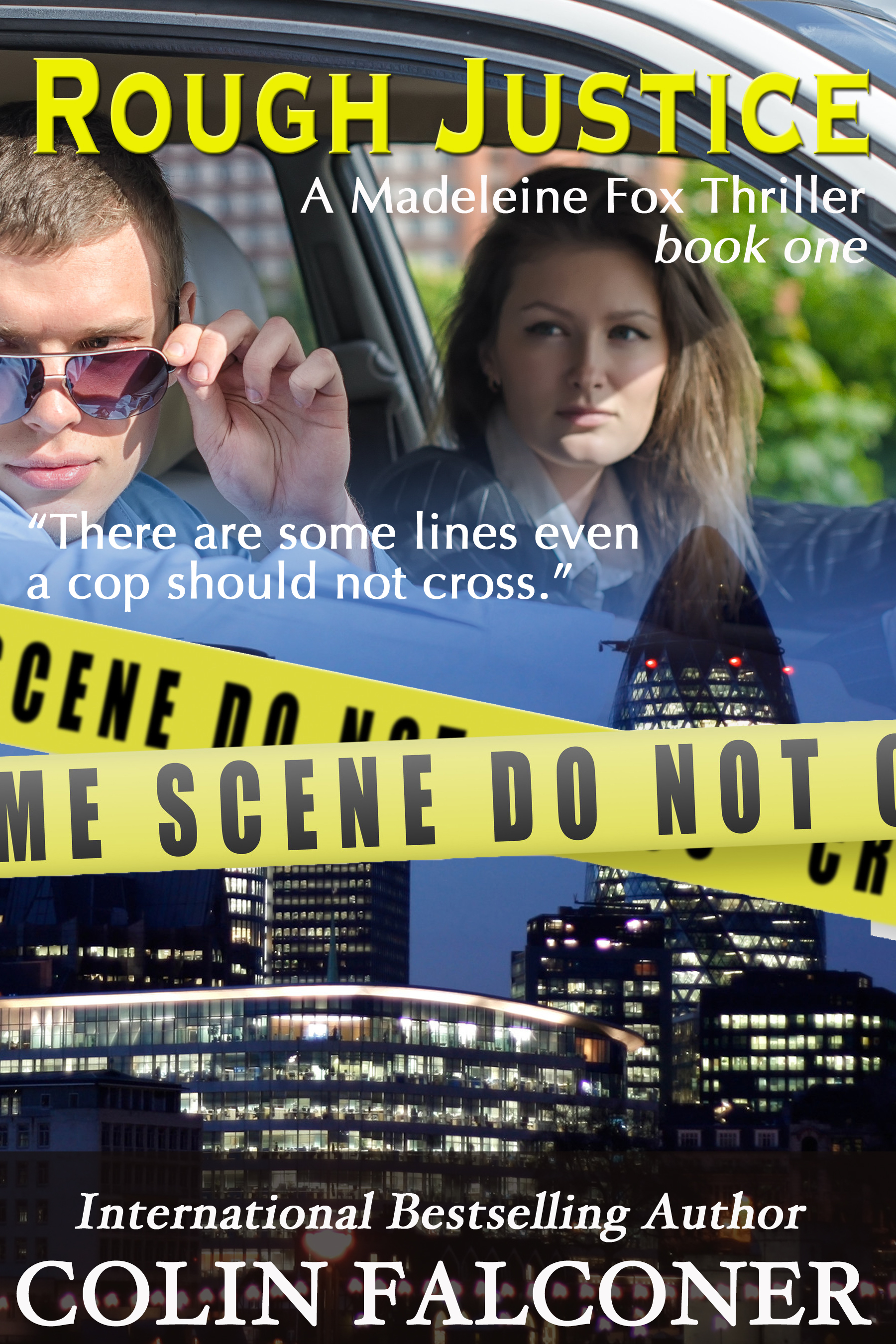
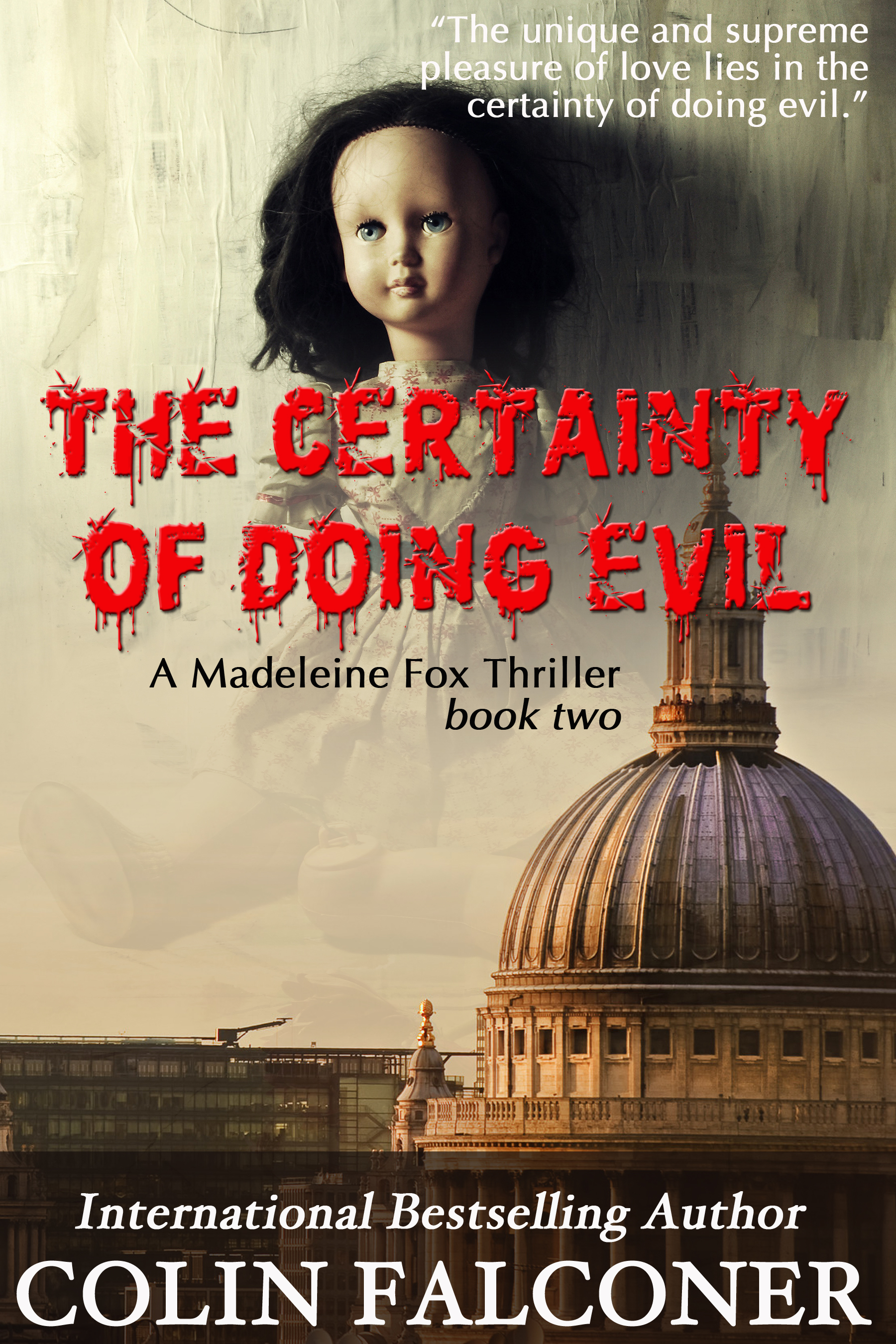
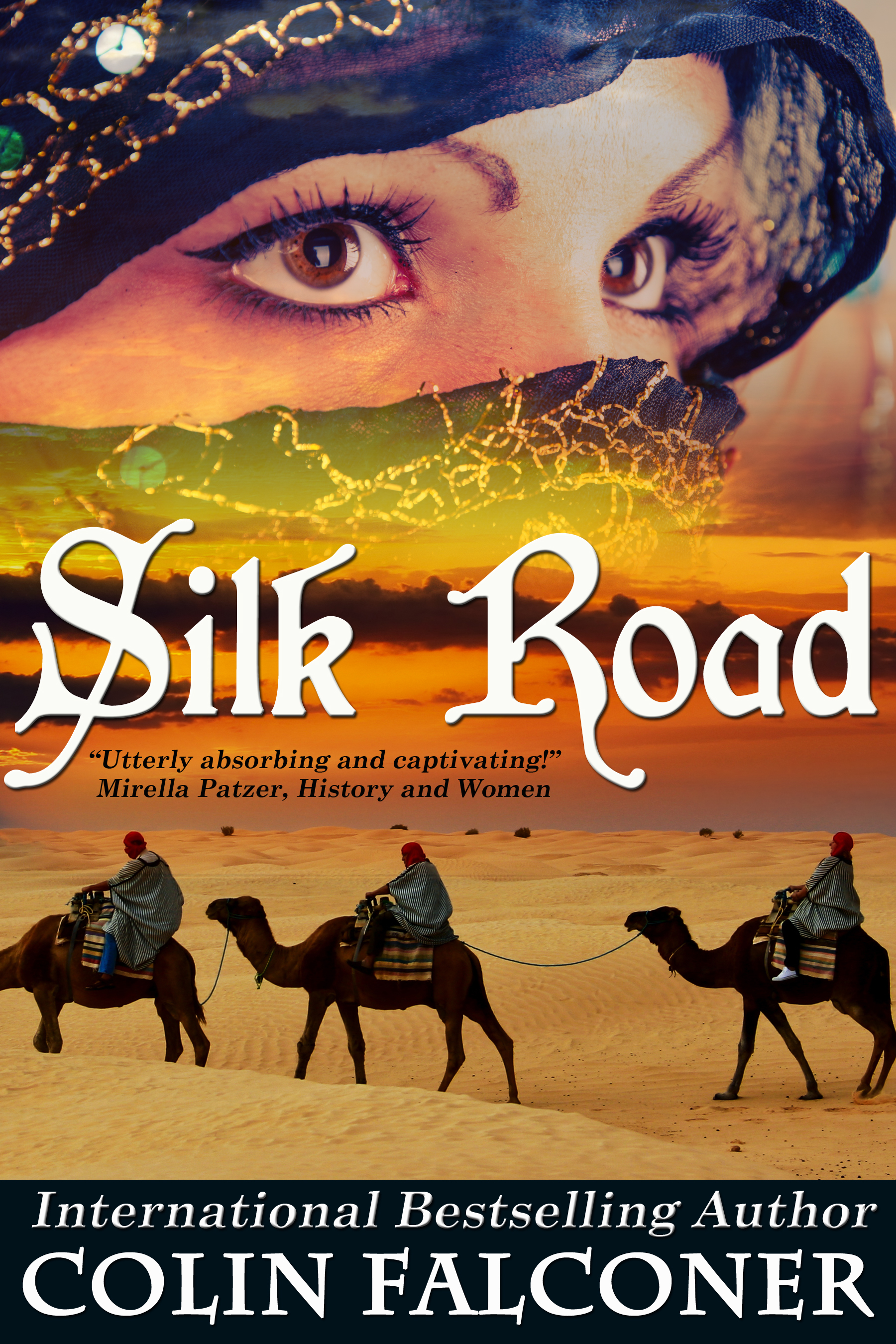
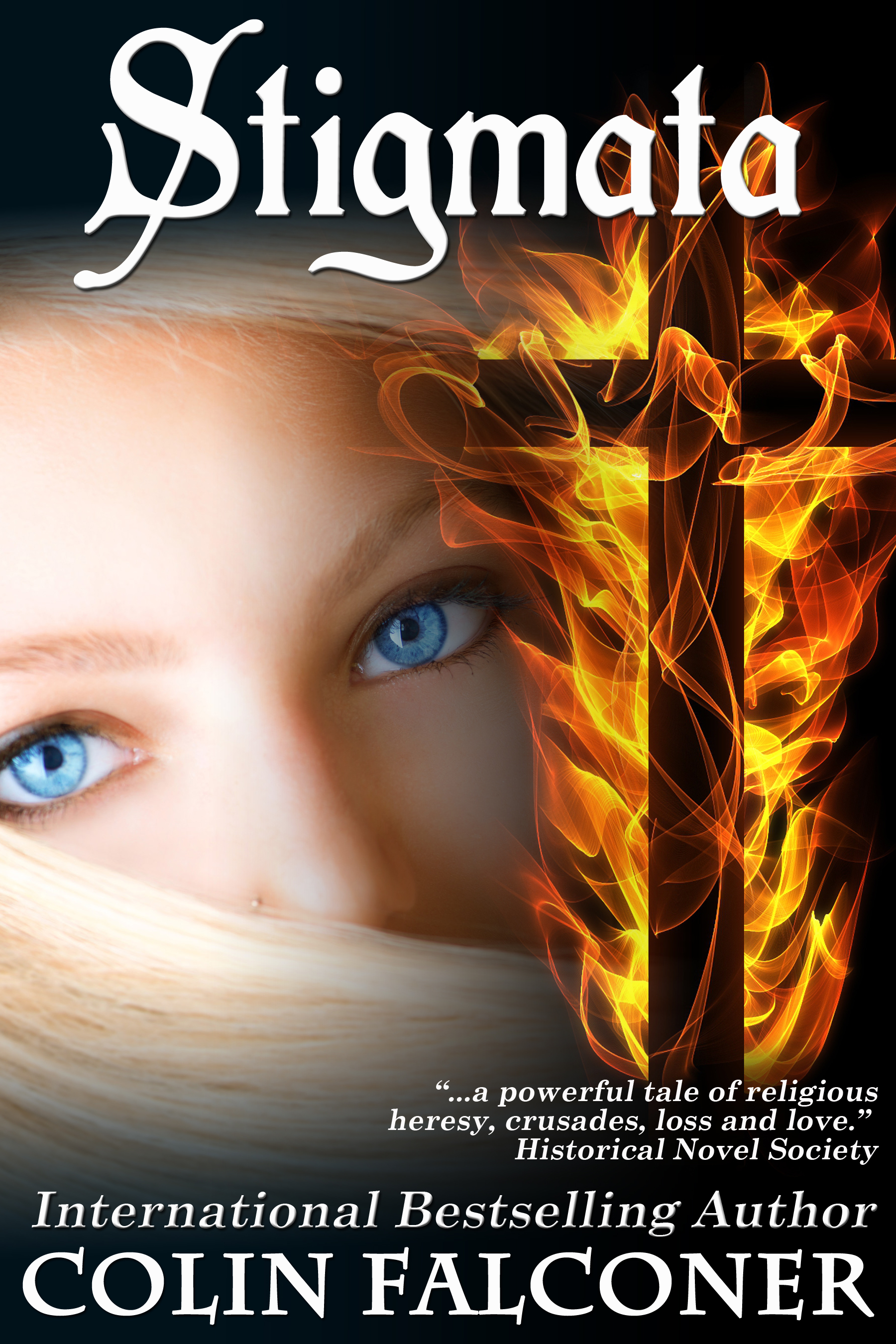
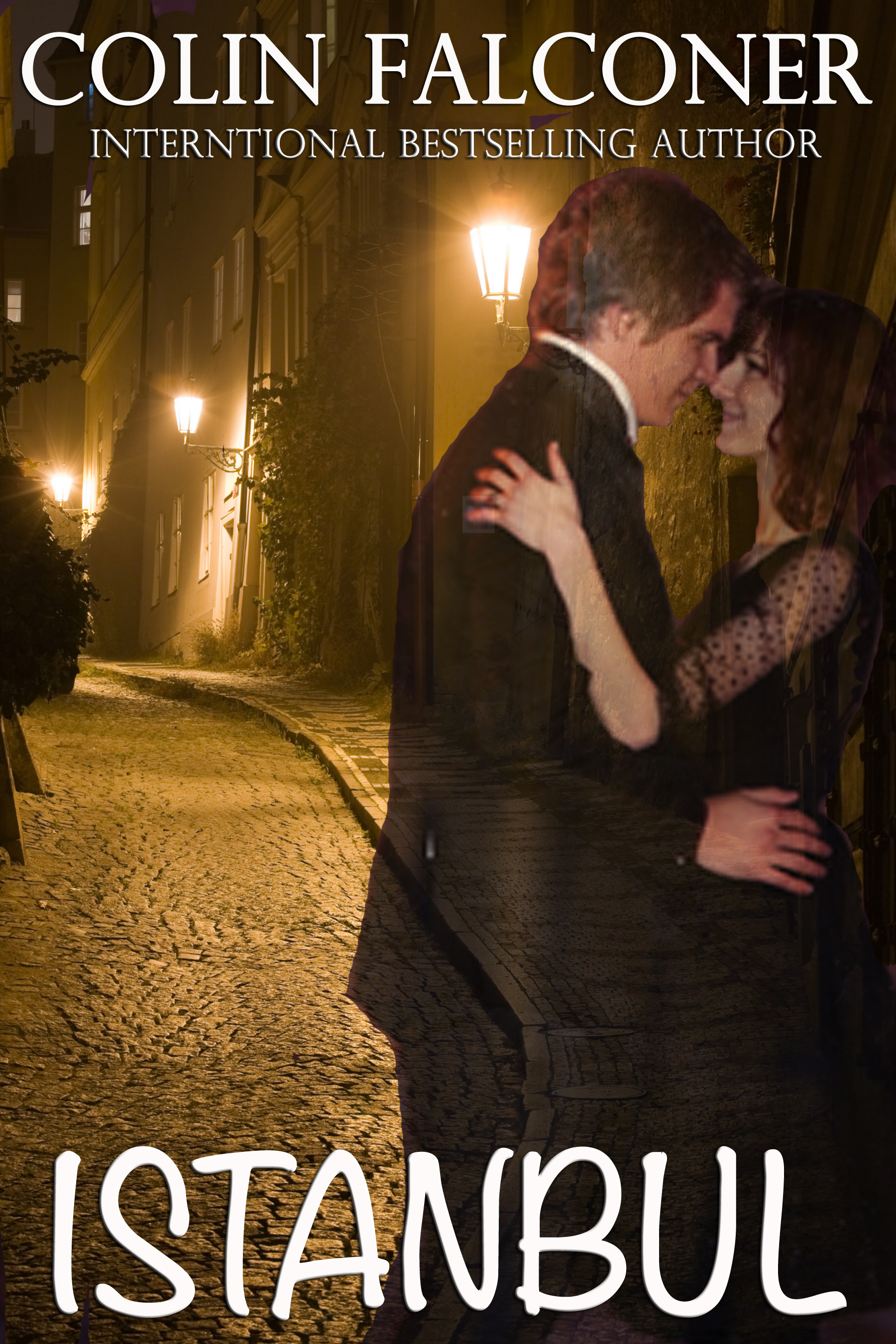

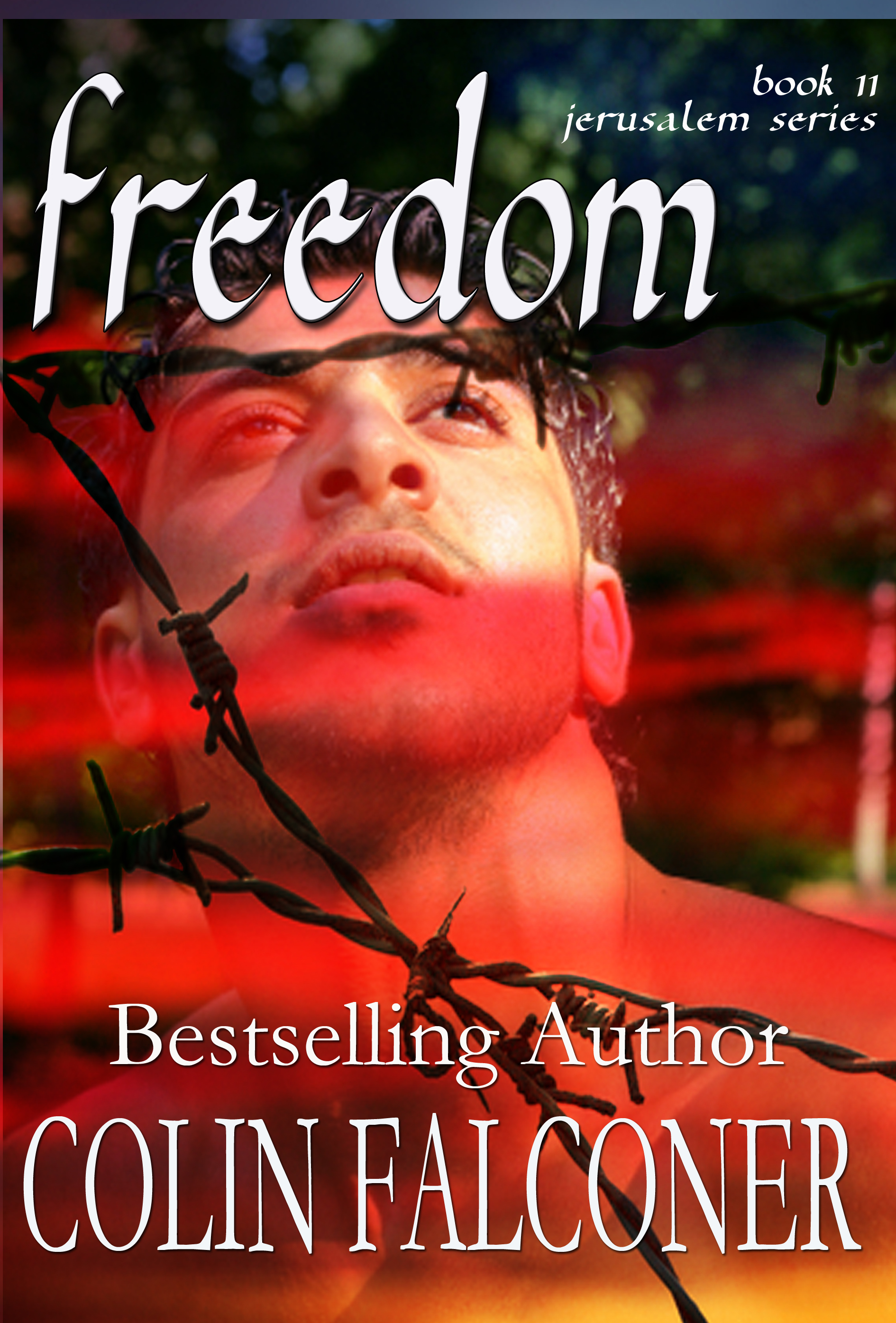


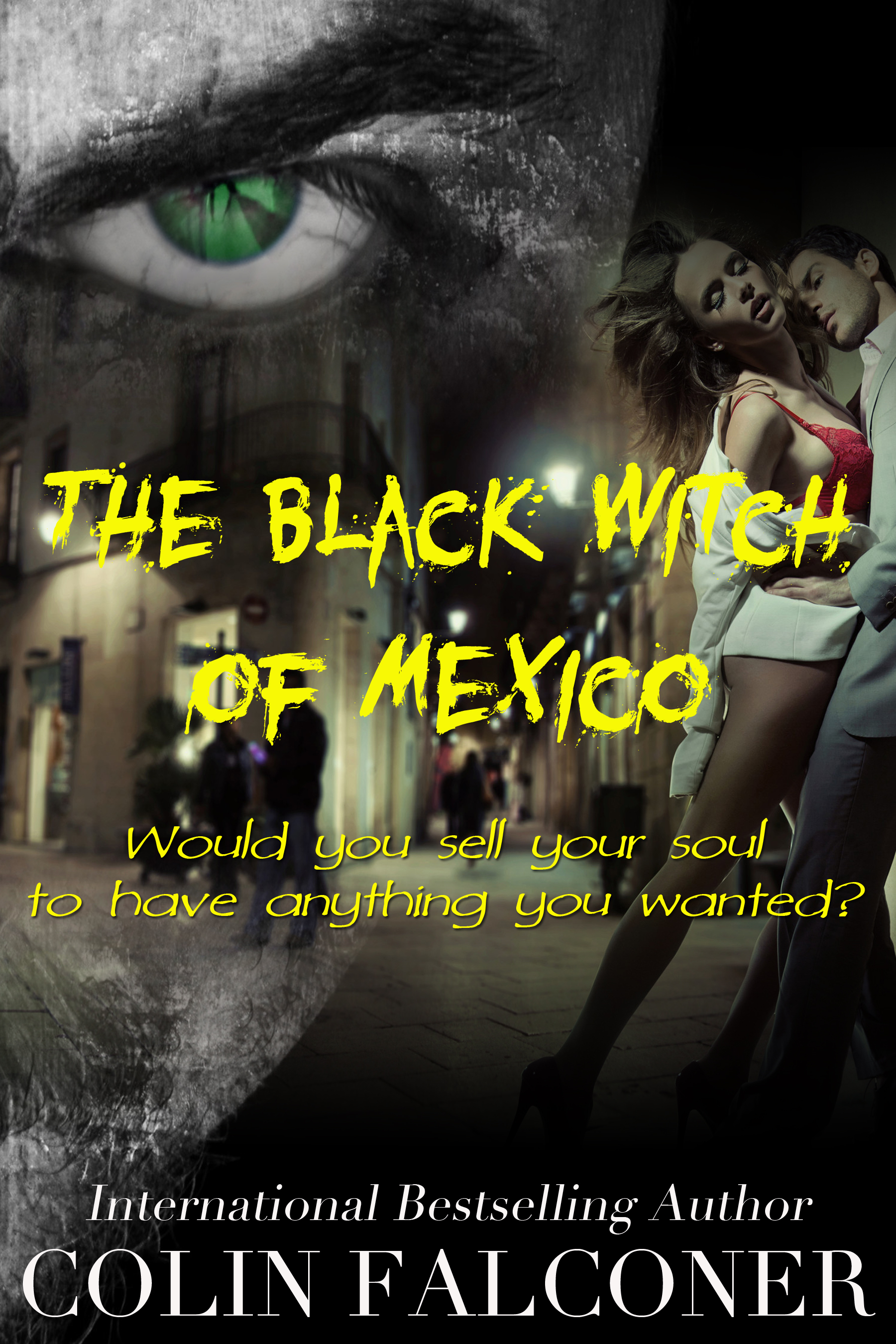

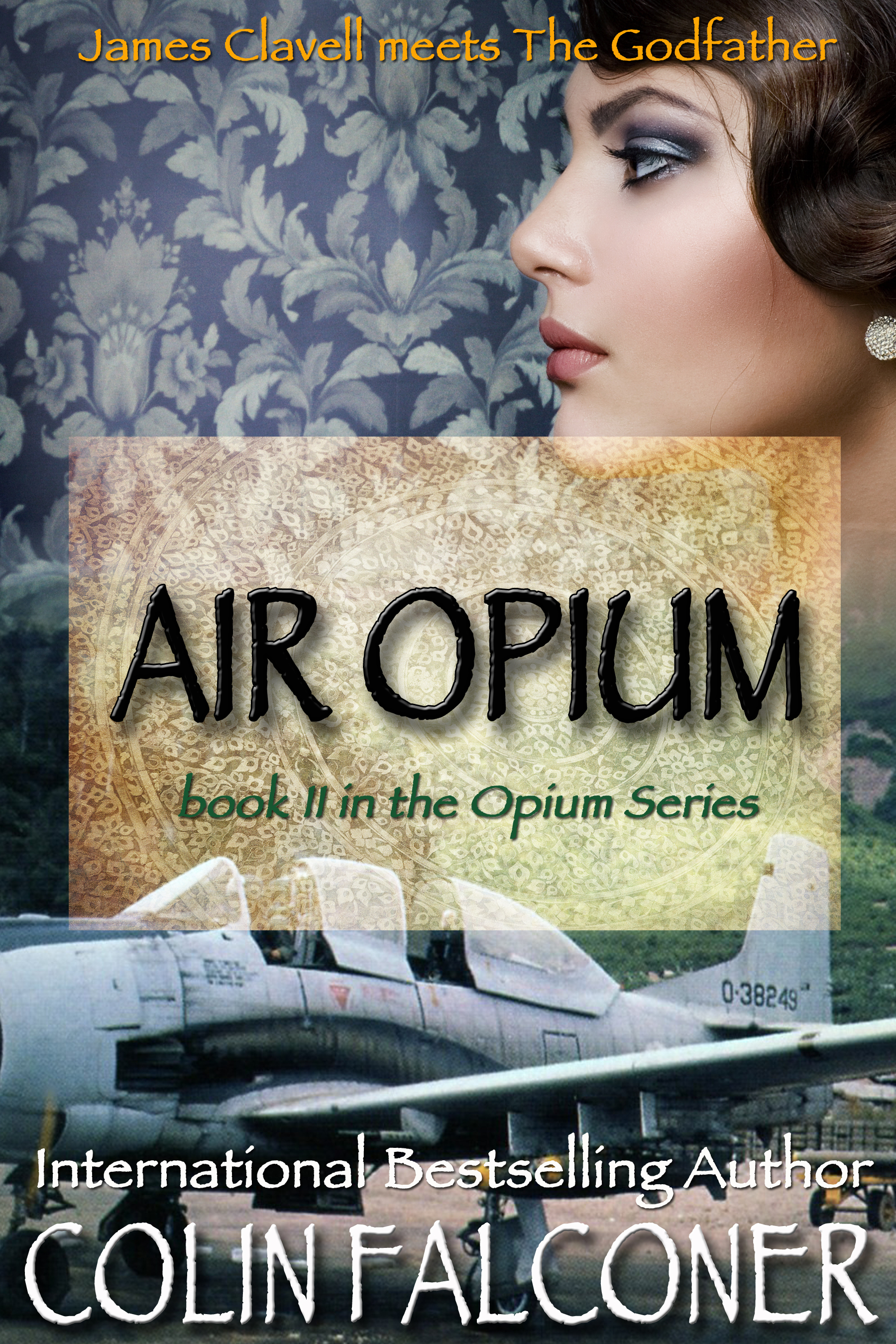
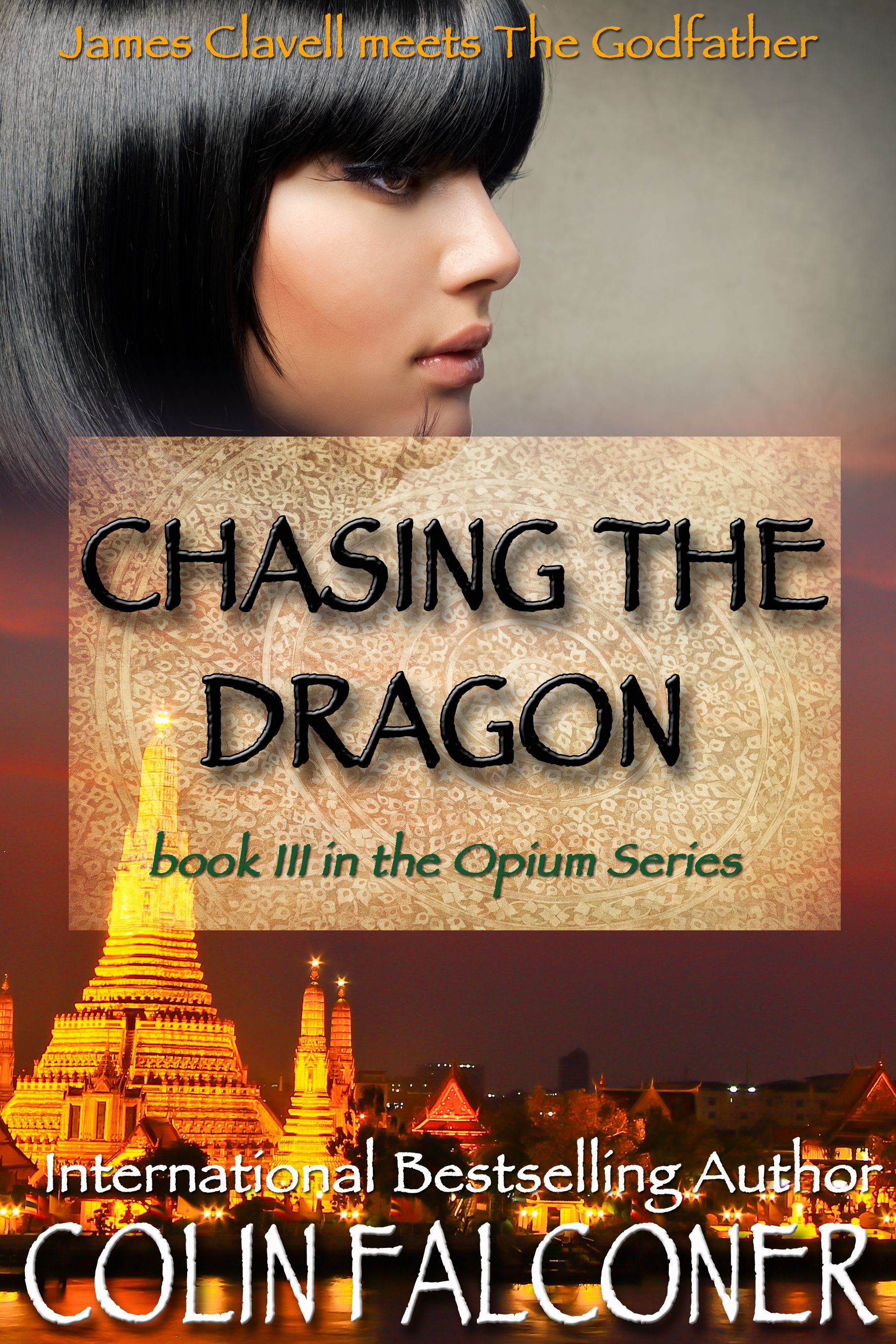
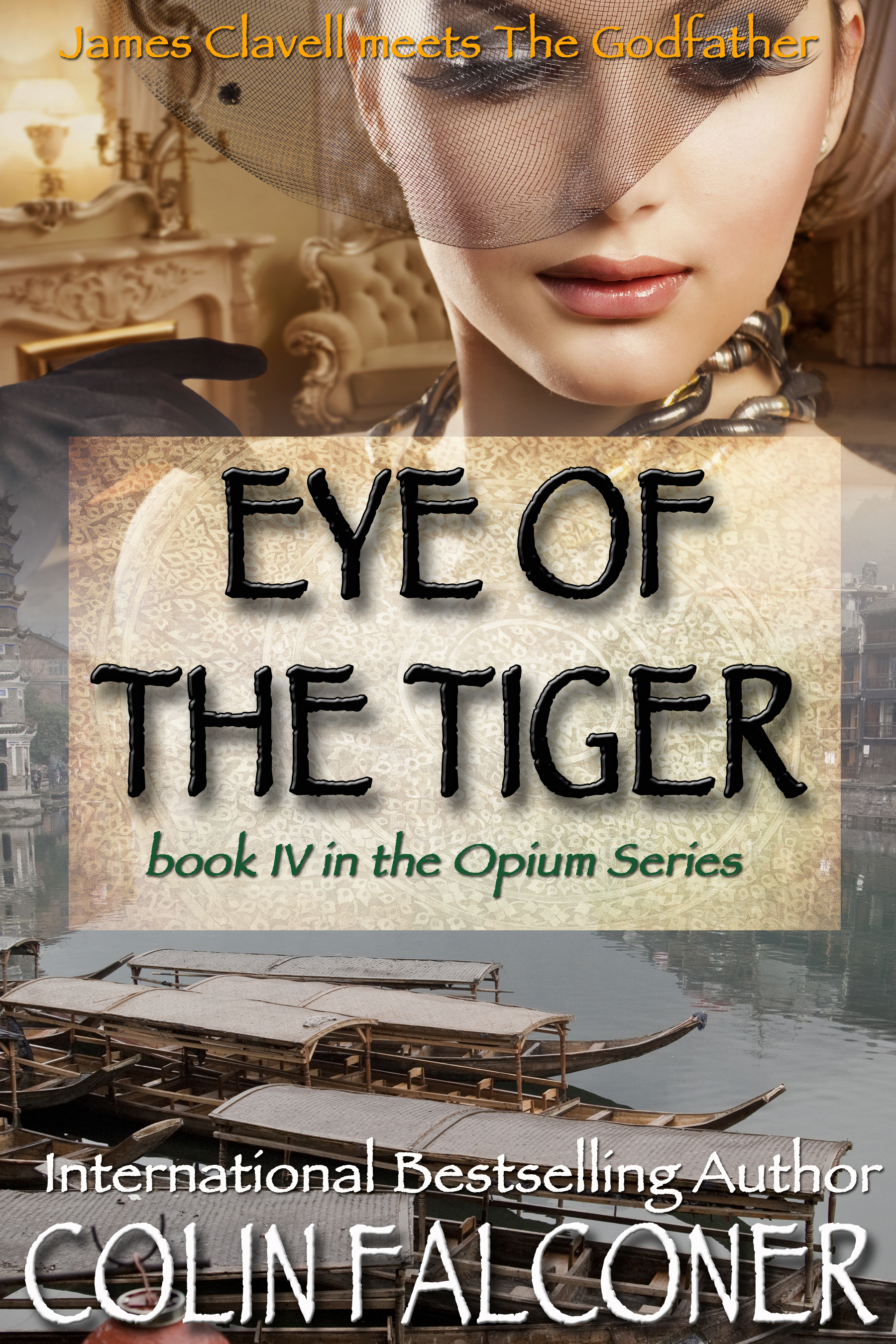
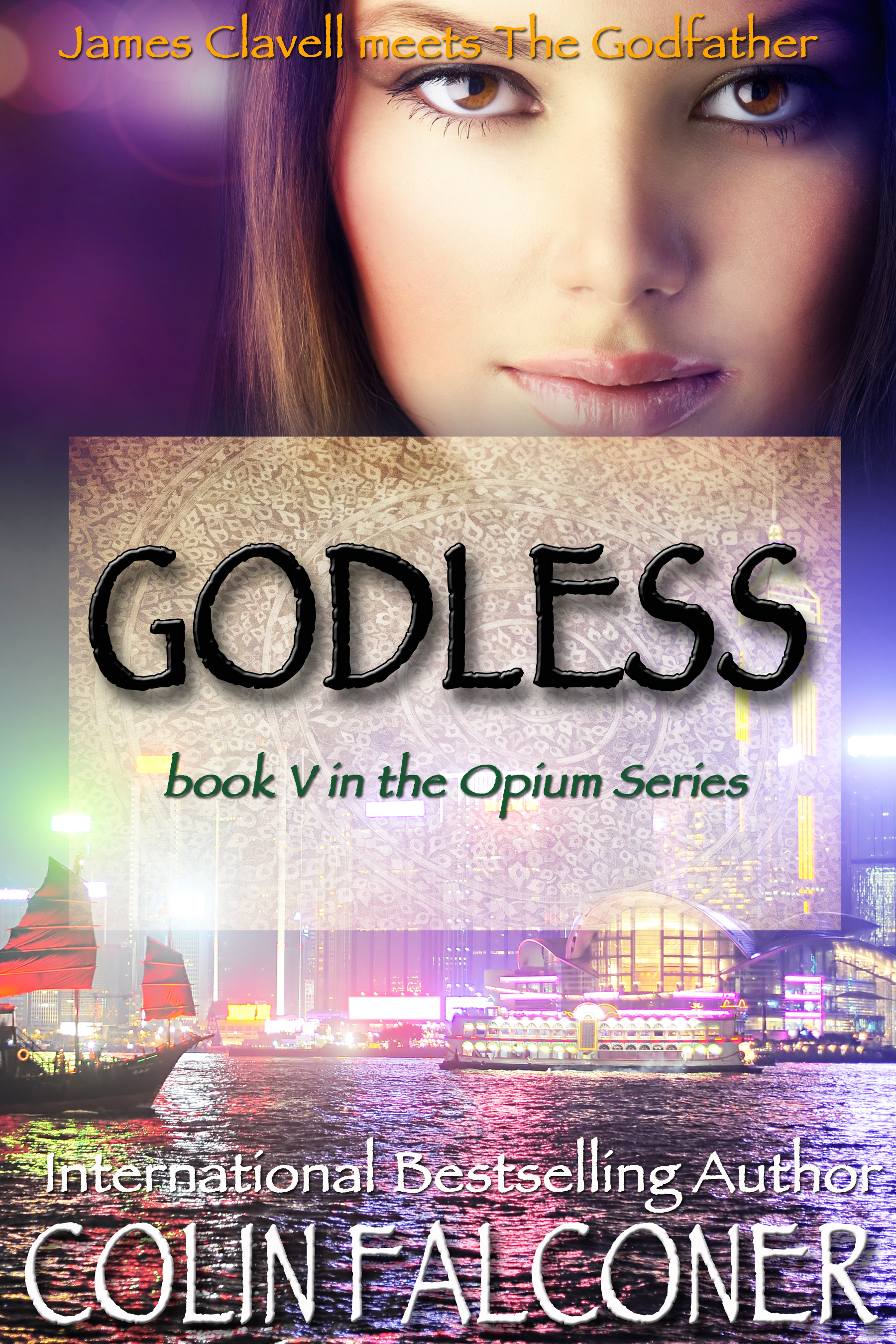
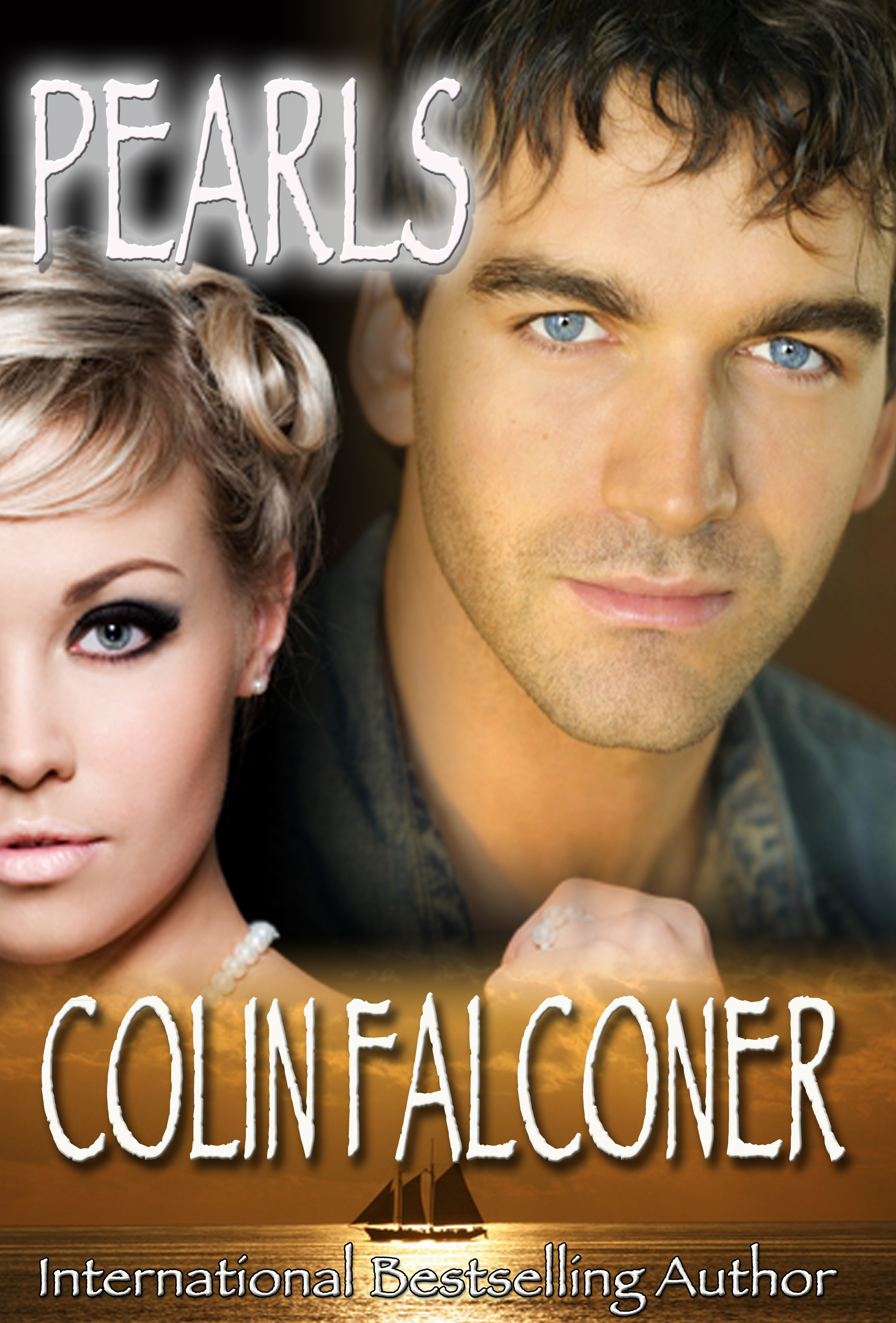

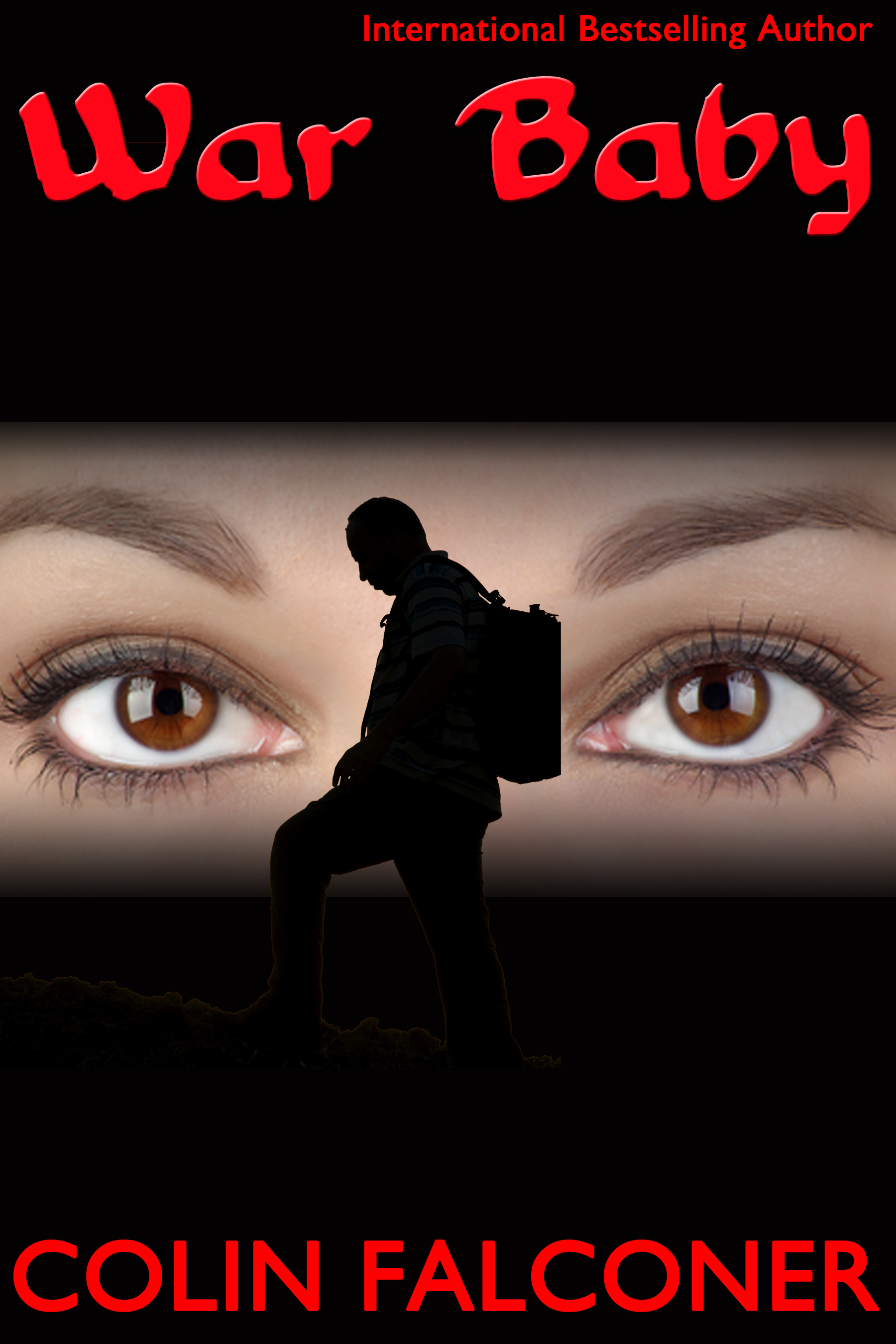
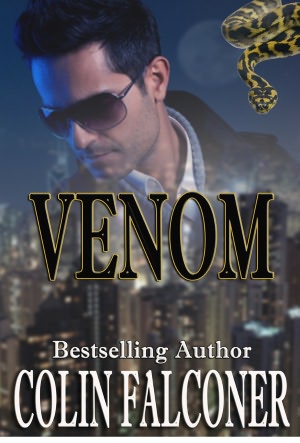
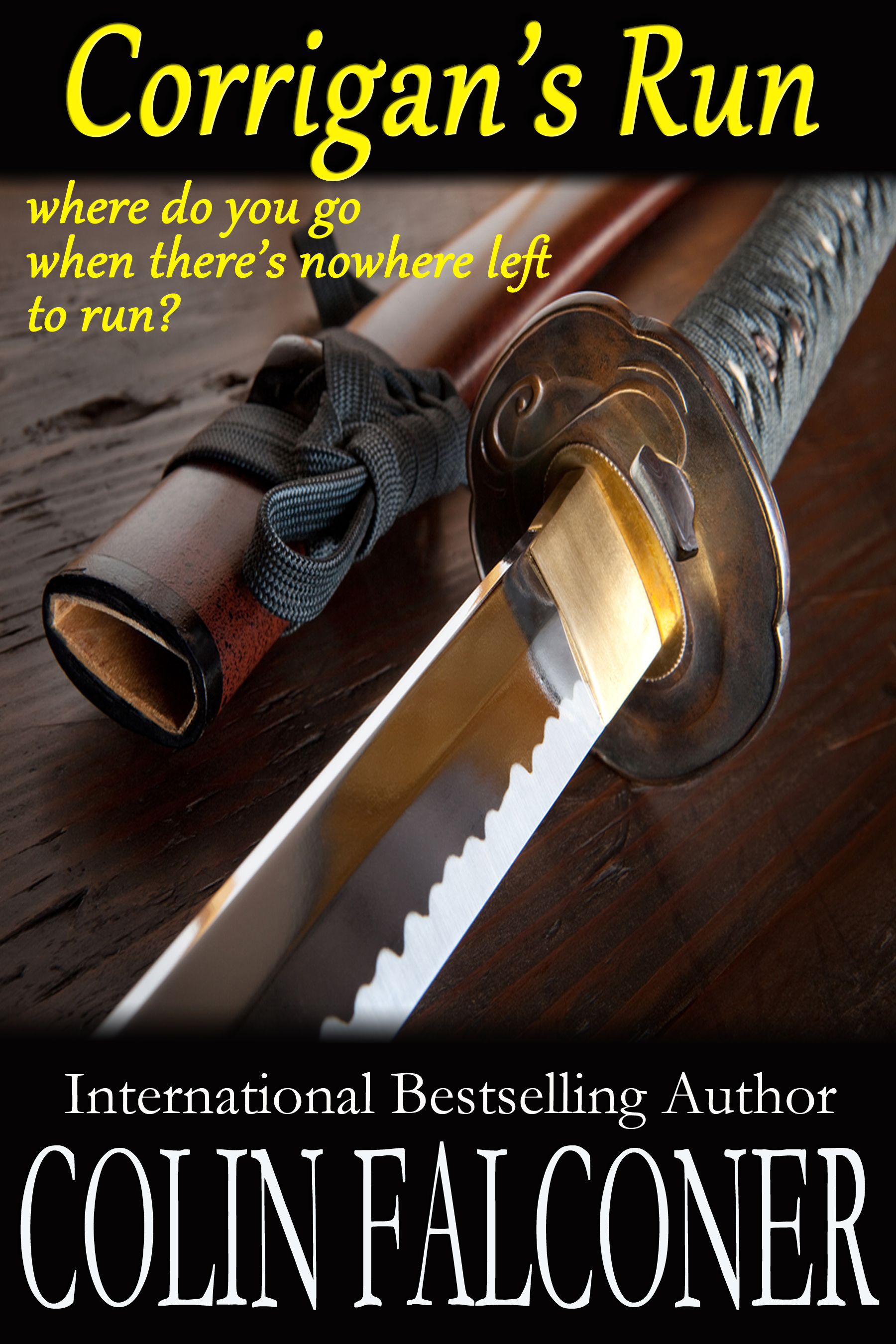
My reading list just got longer!
Hope so, Julia. I hope to announce my new baby’s arrival some time in April!
Great post. I tweeted.
Thank you, Ella!!
Goldurn you, varmint. Just kidding, Colin. All these swell writers and the periods of history, so varied and marvelous. I don’t have enough life left to read all of these wonderful works! Thank you!
Thanks Viola. I hope you’ll get around to this one …
Ah, Isabella - an amazing woman. She stands out in what Barbara Tuchman calls The Calamitous Fourteenth Century. I look forward to your book.
Thanks Julia. I think she is a stand out … her achievements - and her grit - at a time when women were so oppressed were utterly astonishing.
You’ve no doubt found it in the course of your research already, but if you haven’t, and for the benefit of any of your readers interested in this era, I highly recommend Kathryn Warner’s blog on Edward II: extremely informative, well researched and elegantly dissects the myths about Edward II and the people of his reign: http://www.edwardthesecond.blogspot.com
I absolutely second this comment. Warner’s blog is a major source for any writer interested in 14th cent. Europe.
This is an interesting Blog Colin. Can i ask what resource materials you used ?
I’m somewhat baffled at the notion that Isabella had to ‘save her children’s lives’. From whom exactly were their lives in danger? Certainly not from Edward II, who was a good and loving father to their children: edwardthesecond.blogspot.com/2012/06/edward-ii-and-his-relationship-with-his.html
Edward was ‘on the downlow’? Really? I hardly see how he could have made his love for Piers Gaveston and Hugh Despenser any more obvious - and I hardly see why Isabella deserves any more sympathy for this than the numerous queens who had to tolerate their husbands’ mistresses.
“…who had the misfortune of being married to Edward II of England.” Or perhaps it was Edward’s misfortune to be forced to marry a pre-pubescent girl with whom he had little in common, when he was already deeply in love with someone else? You call Isabella ‘brilliant'; her actions when she was in power from 1327 to 1330 argue otherwise - she was grossly unpopular, her regime saw four rebellions against it and it’s hard to see what policies she had other than enriching herself and her favourite as much as possible (she left her son’s kingdom entirely bankrupt), and it took her son a matter of minutes to overthrow her and Mortimer, to the joy of the whole of England. Yes, what she did in 1325/27 took a great deal of courage, but her abilities and ‘achievements’ (such as…?) have been grossly overrated in modern times by her fans such as Alison Weir, Paul Doherty and various novelists.
I, too, would like to know what evidence there is that Isabella and Edward II’s children’s lives were in danger. From who, exactly? As Kathryn has already eloquently stated: it was certainly not from Edward himself.
When you strip away the romanticism of Isabella’s actions, what she did was lead an illegal invasion of a country to usurp the rightful King. People have glossed that over (*cough*AlisonWeir*cough*) with thinly veiled homophobia: he took male lovers, so he deserved it. Well, actually, no he did not. Admittedly, this homophobia has largely been handed down to us from the chronicallers of the era, but I think it’s up to modern day scholars to bear the prejudices of the era in mind when assessing this situation.
Yes, I think it’s the fact that Edward (presumably) had *male* lovers that a lot of people won’t forgive him for - it’s so rare to see people whining about the terrible ‘suffering’ and ‘misfortune’ of royal women whose husbands had mistresses to whom they handed over power, lands and wealth or who tried to repudiate them - a fate which, as it happens, befell both of Edward II and Isabella’s daughters, who were also loyal to their husbands and were for all we know as ‘ballsy’ as their mother. But evidently it’s only her husband being ‘on the downlow’ that’s such a terrible ‘misfortune’ for a royal woman.
Totally agree with what Hannah said about Isabella’s actions being little more than an illegal invasion of England with a group of foreign mercenaries bought with the marriage of her son - it’s hard to think of anything less romantic, really. Her ‘capable’ and ‘brilliant’ actions destroyed forever the relationship between her husband and their children, and she forced her elder son to act as a weapon against his own father whether he wanted to or not - not, I would have thought, behaviour we should really be praising?
I wrote a blog post a while back about the way Edward II and Isabella are portrayed in fiction, and I’ll be interested to see to what extent Colin’s novel follows these ‘rules': edwardthesecond.blogspot.com/2010/03/so-you-want-to-write-novel-about-edward.html
I would like to add something to what the previous commenters have said about Edward’s favorites. We do not even know for certain that they were his lovers. “Favorite” is not necessarily synonymous with “lover.” “Favorite” covers a great deal of ground, including close friends. We also do not know for certain that Mortimer was Isabella’s lover. Where is the love triangle? I think the interest in Isabella comes about because she was known to be a beautiful woman, and of course, everyone loves to see the beautiful and selfish queen/princess get exactly what she wants and spend money like there was no tomorrow, right? Even if she has to trample on other people to get it and ruin things in the process. Isabella seems to have been a great deal like her father-who also left his successor empty coffers and a large serving of social unrest.